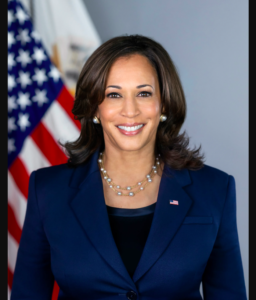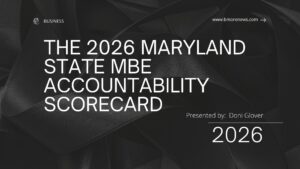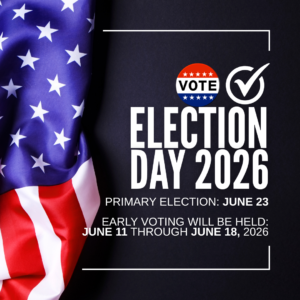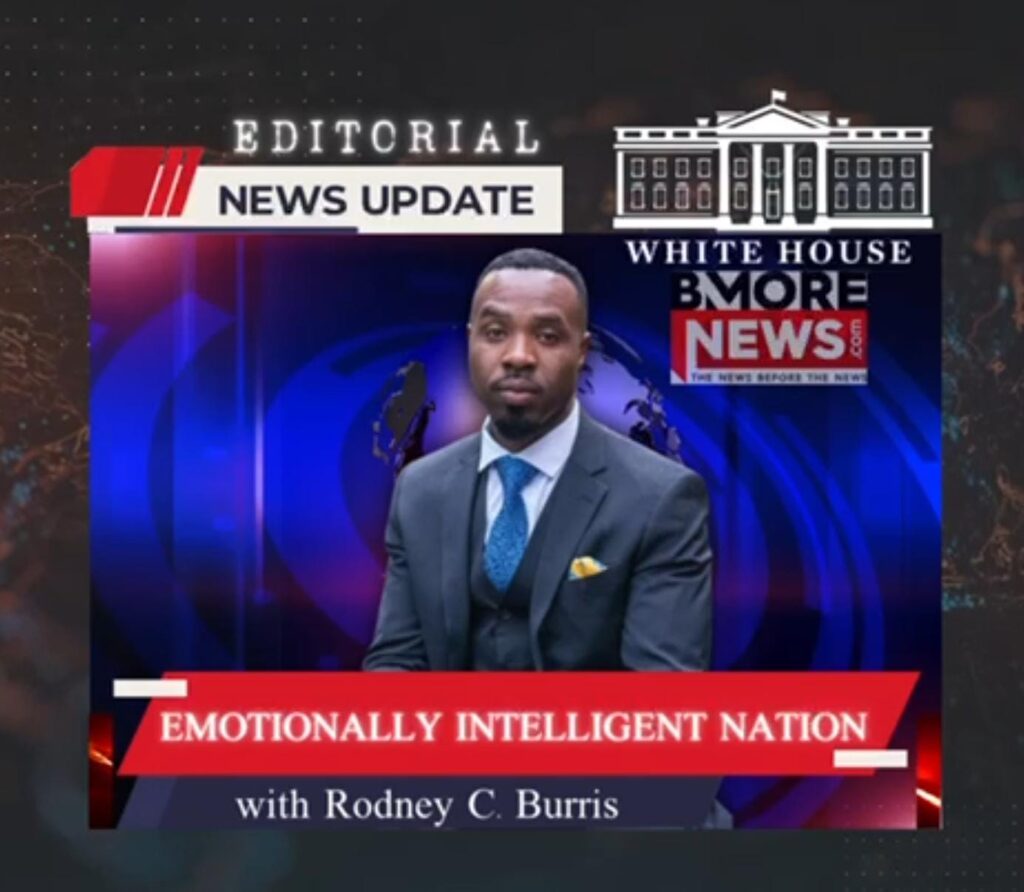
(Washington D.C. – May 6, 2024)
Today, on Monday, May 6th, Vice President Kamala Harris embarked on her Economic Opportunity Tour‘s second leg, touching down in Detroit, Michigan. This visit to the Motor City is poised to showcase the Biden-Harris Administration’s investment exceeding $100 million into small businesses. Specifically, this financial infusion targets small- and medium-sized auto parts manufacturers, aiming to facilitate expansions or retooling of their facilities.
As a nation, we are transitioning to cleaner fuels and cleaner cars; the money from POTUS is designed to protect their interests and position them to take advantage of this shifting national paradigm.

While this announcement heralds promising developments, it prompts a crucial consideration:
“Why shouldn’t communities harbor concerns about
potential disparities in funding distribution?
Furthermore, how can we ensure
equitable allocation?”
These communities are what we call stakeholders.
Stakeholders encompass those individuals directly or indirectly influenced by our endeavors. They may be patrons, freely engaged participants, or individuals requiring advocacy to amplify their voices. Whichever their role, it is paramount that we understand their identity, establish effective communication channels with them, and actively enhance their quality of life through our interactions with them.

To gain some more insight, I had a conversation today with Kirabo Jackson from the Council of Economic Advisers.
His responses shed light on the administration’s commitment:
- Transitioning to cleaner fuels does not compromise American jobs.
- Efforts built into the President’s Plan are directed towards safeguarding and fortifying existing employment opportunities.
- Disadvantaged workers affected by shifts towards cleaner technologies will be integral to the decision-making process.
- A significant portion of the allocated funds will bolster small businesses within Black Communities.
- Investments will also catalyze the creation of clean, high-paying jobs.
- Funding is reserved for those who complete a very structured application process, designed to ensure broader community benefit to the earmarked groups.

All of this was really great to hear. In fact, these insights underscore our Nation’s ever-pressing movement towards increasing Emotional Intelligence.
As it relates to this initiative, prioritizing these stakeholders’ interests mitigates the risk of exclusion and cultivates empathy—which is a cornerstone of emotional intelligence.
Emotional intelligence transcends altruistic actions; hinges on informed decision-making. By intimately acquainting ourselves with our own desires and needs, we gain insights into others’ perspectives, empowering us to foster collective well-being.
Additionally, for automotive industry workers poised to benefit from this economic stimulus, a robust protection plan, exemplified by the inclusive application process, is absolutely necessary, and demonstrates a high EQ coming from The White House.
It symbolizes a pinnacle of victory, for us all.
My name is Rodney C. Burris. I am the White House Correspondent for BMORENews, a media outlet in Baltimore where our slogan is, “the news before the news.” This column will look at the events impacting our nation and filter them through the lens of Emotional Intelligence theory. Our goal will be to inform, to make aware, to facilitate connectivity, and then to increase the overall understanding of ourselves as a collective as we take a deep dive into the topics affecting our Emotionally Intelligent Nation.




